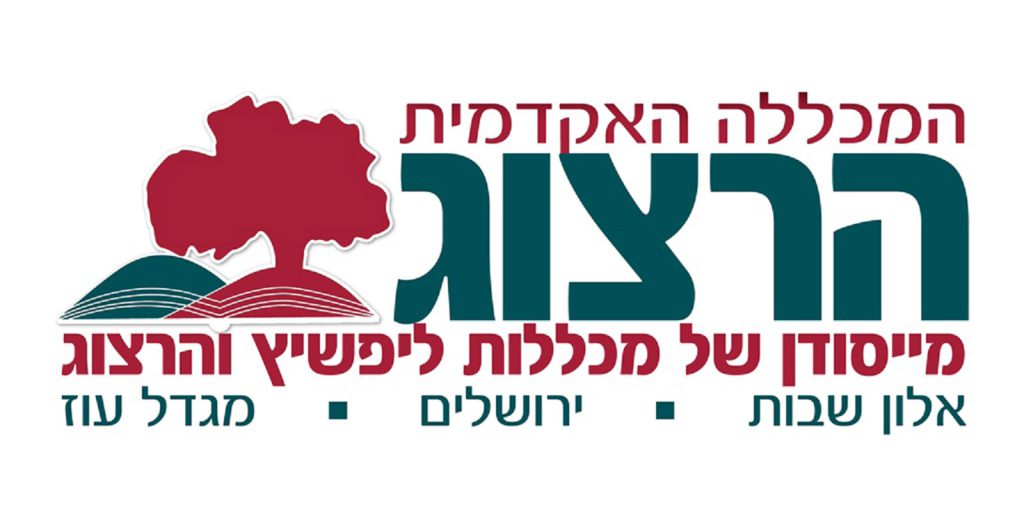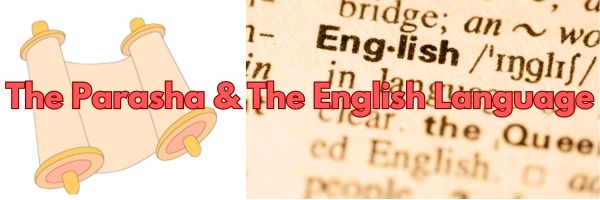Purim stands out among Jewish festivals for retaining its Hebrew name in English, unlike holidays such as Pesach (Passover), Shavuot (Pentecost), Sukkot (Tabernacles), Yom Kippur (Day of Atonement), and Rosh Hashana (Jewish New Year). Although early translations, such as Wycliffe’s 14th-century Bible, offered phrases like "Days of Lots" for Purim (based on Esther 9:27), this term never gained widespread use.
The name Purim, comes from the word "pur", meaning "lots," as Haman, the villain in the Purim story, cast lots to determine the date for the annihilation of the Jews. The holiday's name highlights the interplay of fate and divine providence that turned Haman’s plot into a Jewish victory.
While "Purim" as a term is specific to the Jewish holiday, the concept of casting lots has left its mark on English phrases such as "to cast lots" or "the lot has been cast." These expressions, though originating from practices like those in Esther, have evolved into metaphors for making a decision by chance or signaling that an irrevocable choice has been made.


